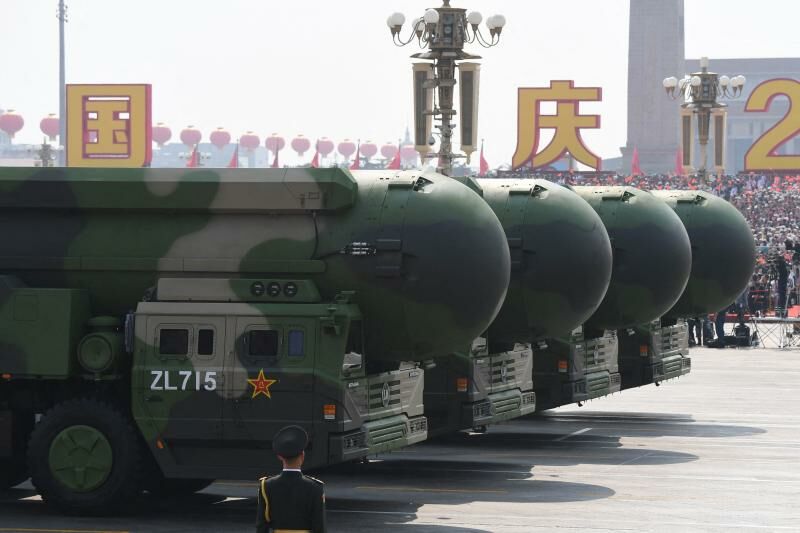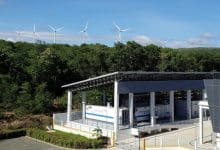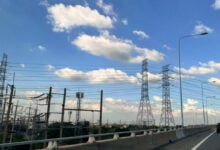China accelerates nuclear arsenal expansion amid potential future conflicts with the US

China’s nuclear arsenal is expanding at an unprecedented rate, with experts suggesting that the nation is increasingly focusing on the potential for future conflicts with the United States.
According to the Stockholm International Peace Research Institute (SIPRI), China’s stockpile currently comprises around 350 warheads, a small number compared to the US and Russia. However, the Pentagon has predicted that this figure could rise to as much as 1,500 by 2035.
This rapid development implies that China is no longer satisfied with merely possessing a few hundred nuclear weapons to ensure its security, says Matt Korda of the Federation of American Scientists. Since the country’s first nuclear test in 1964, China has maintained a relatively modest arsenal, along with pledging never to be the first to deploy nuclear weapons in any conflict. Yet, under the leadership of President Xi Jinping, China has initiated an extensive military modernisation programme, placing a particular emphasis on upgrading its nuclear capabilities for simultaneous deterrence and counter-attacks if required.
David Logan, an assistant professor at the US Naval War College, asserts that…
“China is undertaking the most significant expansion and modernisation of its nuclear forces in the country’s history.”
This involves not only producing more warheads but also enhancing the capacity to deploy them through missiles, aircraft and submarines as part of a nuclear triad. Eric Heginbotham, Principal Research Scientist at MIT’s Center for International Studies, believes that these changes will position China as the world’s third major nuclear power, necessitating an assessment of nuclear competitors and having implications for nuclear planning and stability across the globe.
The Pentagon also reported last year that China is “rapidly” constructing launch facilities for intercontinental ballistic missiles, with a total of over 300 silos anticipated. Despite emphasising that it maintains its “nuclear force at the lowest level required for national security,” China is increasingly focusing on bolstering its nuclear capabilities.
Although accurate figures are not publicly available, the International Campaign to Abolish Nuclear Weapons estimates that, in 2021, China spent around US$11.7 billion on its nuclear programme, amounting to less than one-third of the US’s alleged expenditure. There are several challenges to China’s rapid expansion of its nuclear arsenal, chiefly the limited capabilities of fissile material production for warheads. However, a potential solution may come courtesy of Russia.
Following a recent summit between President Xi Jinping and Russian leader Vladimir Putin, Beijing and Moscow officially agreed to expand their nuclear collaboration. Russian atomic energy officials committed to assisting China in completing “fast reactors,” which can generate fissile material much more quickly than traditional methods. While Beijing insists that this agreement is for civilian purposes, experts suggest that it could also be used to build up stockpiles of fissile material for warheads.
Gregory Kulacki, China Project Manager at the Union of Concerned Scientists, maintains that China’s limited reserves will hinder rapid growth in its nuclear capabilities, adding that “it will be difficult for China to produce the plutonium they need quickly.”
One reason behind China’s drive to improve its nuclear capabilities is the growing anxiety amongst its strategists about the possibility of a US-led disarming first strike against Beijing’s nuclear forces, says David Logan of the Naval War College. Another important factor is the feasibly changing assessment of what constitutes a credible nuclear deterrent within China. Such shifts in perception may embolden the country, particularly in relation to disputed territories such as Taiwan and the South China Sea.
As tensions surrounding Taiwan increase, with China having recently conducted two major rounds of military exercises around the self-ruled island, Ankit Panda of the Carnegie Endowment for International Peace said…
“China may well believe that a larger nuclear force will moderate the amount of risk the United States is willing to tolerate in a limited, conventional conflict.”
Latest Thailand News
Follow The Thaiger on Google News:


























